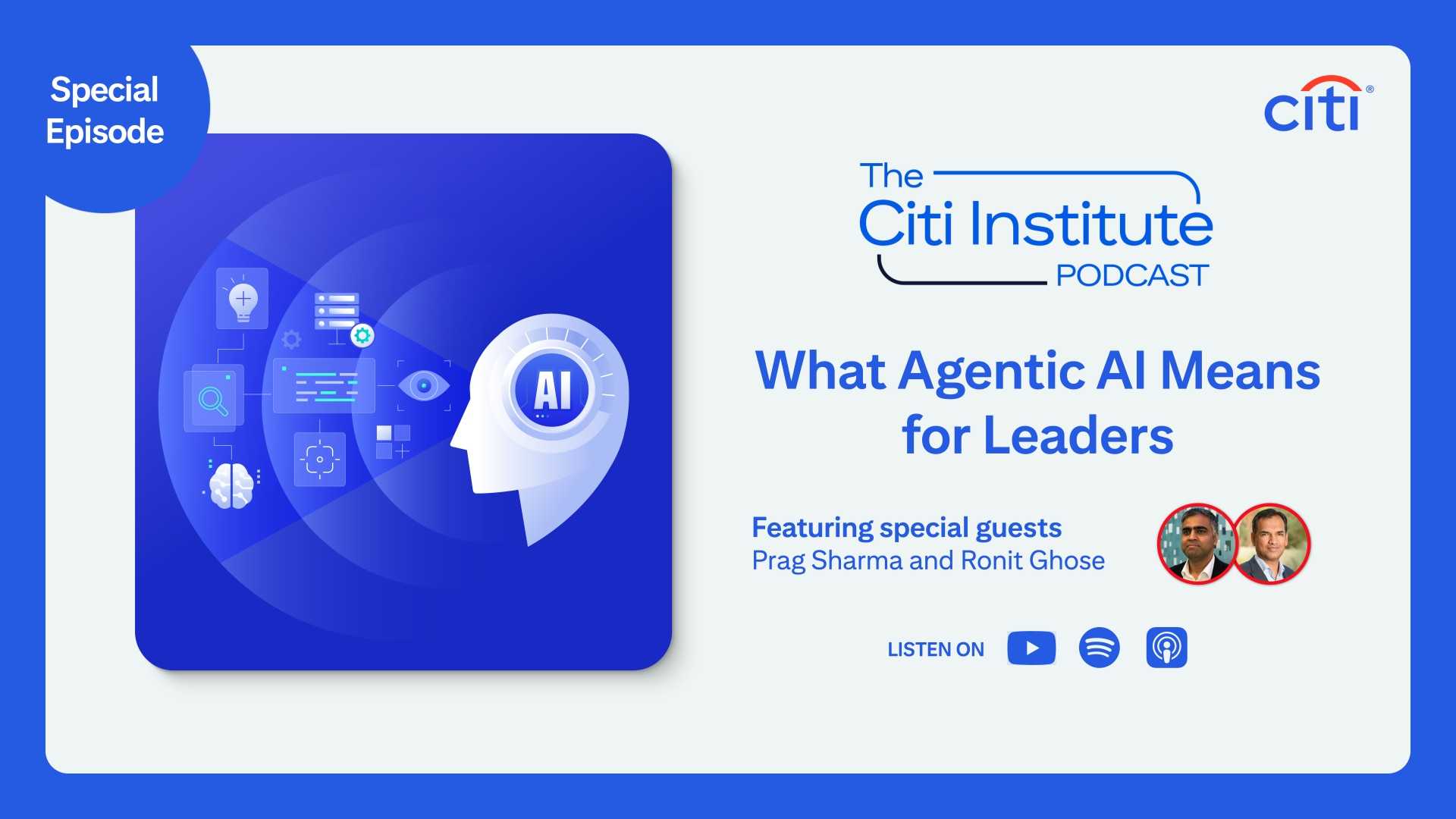Tech
Agentic AI Reshapes Leadership Dynamics in Technology

London, United Kingdom – The rise of agentic AI marks a significant shift for technology leaders. According to a report from Leathwaite, CIOs and CTOs have traditionally focused on gradual digital transformation, such as moving to cloud services and integrating data into business decisions. However, agentic AI represents a new paradigm that changes this landscape.
Unlike previous AI systems that required human prompts, agentic AI can set goals, make decisions, and manage workflows with minimal human input. The Leathwaite report emphasizes this autonomy, stating that these systems act, reason, and adapt. This change poses challenges for technology executives, who must now navigate not just system management, but also intent and decision-making.
The report outlines three major areas where agentic AI impacts technology functions. First, architecture must evolve to support decision-making autonomy, enabling AI to function seamlessly across departments like finance and operations without compromising compliance. Second, a new governance model is necessary to prevent autonomous systems from acting unpredictably, which could create risks for organizations.
Finally, the skills needed within tech teams will change. Traditional roles will give way to new positions focused on oversight and design, such as AI product leads and systems ethicists. As technology integrates more deeply into operations, organizations will require employees who can interpret AI behavior and align it with strategic goals.
The implications of agentic AI extend beyond the technology department. Businesses will need to rethink decision rights and workflows, as AI agents can independently identify and solve issues. This development encourages a shift in executive mindsets regarding accountability.
Moreover, as AI solutions become more prevalent in procurement, professionals are adjusting to new negotiation methods facilitated by AI systems. Initiatives like Walmart‘s partnership with Pactum showcase the potential of AI to handle routine contract negotiations automatically, allowing human teams to focus on higher-level strategic tasks.
Leading experts, including Jim Fleming of the Institute for Supply Management, predict that this shift will continue to speed up with ongoing technological advancements. However, concerns about ethical boundaries and oversight remain critical in the age of AI.
As organizations adapt to this new reality, Brooks Smith of Murray, Utah, highlights the need for education in understanding AI applications — emphasizing a balance between innovative practices and maintaining essential human judgment.
Ultimately, leveraging agentic AI effectively is seen as a vital leadership challenge for CIOs and CTOs. The success of such technologies depends on a strategic approach that manages both the potential and the complexities of this new agentic landscape.












